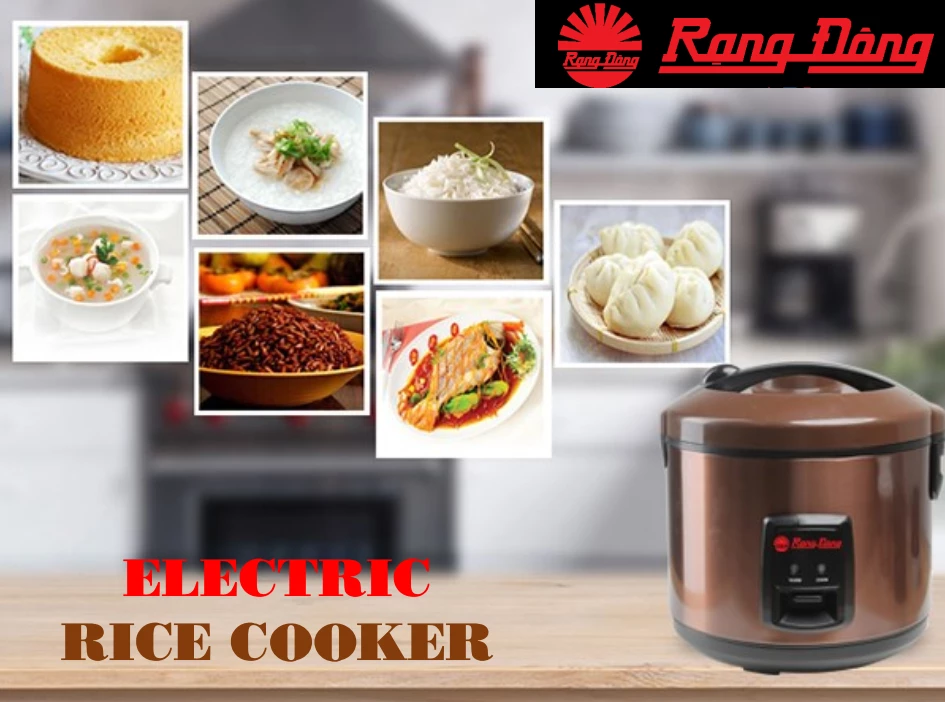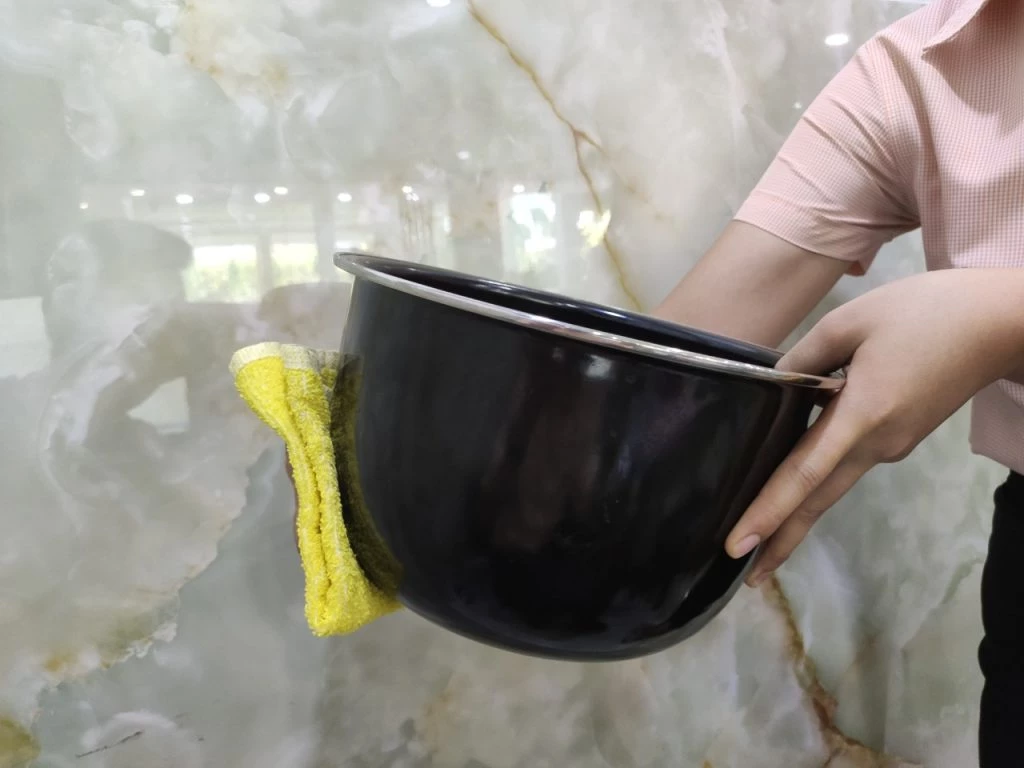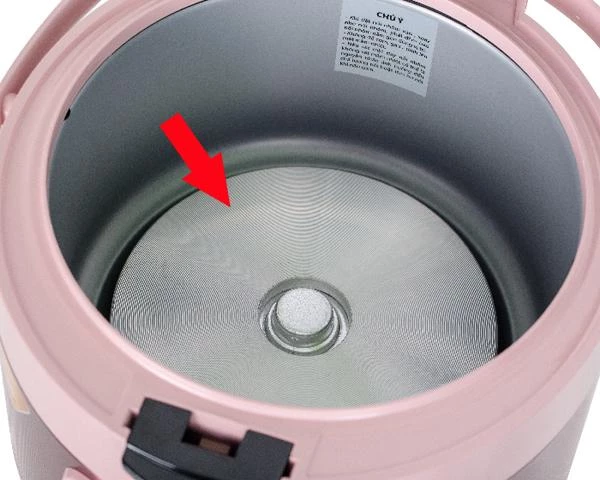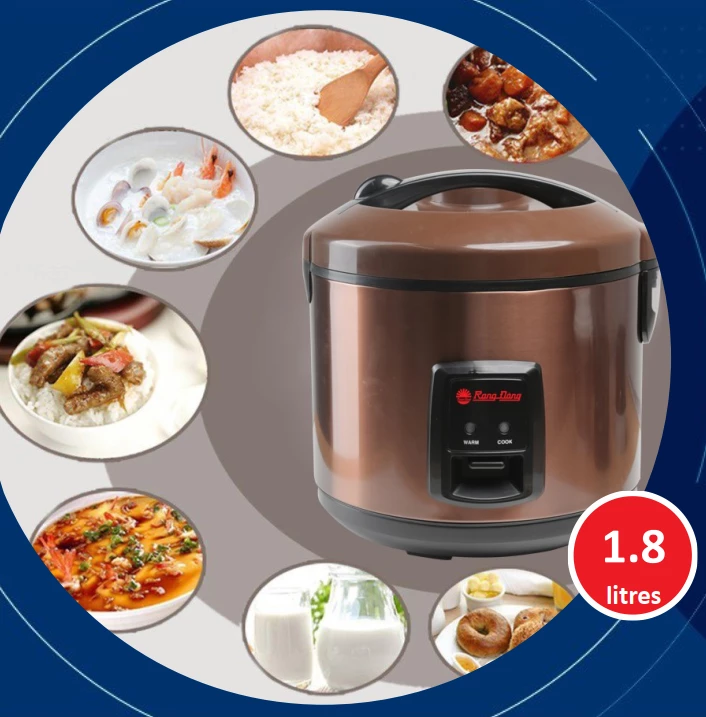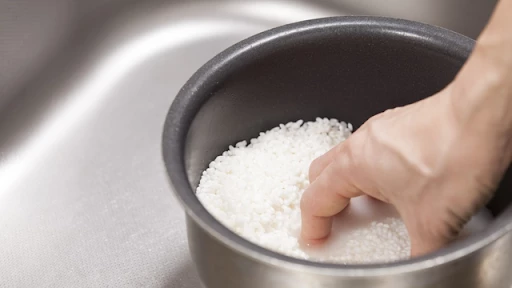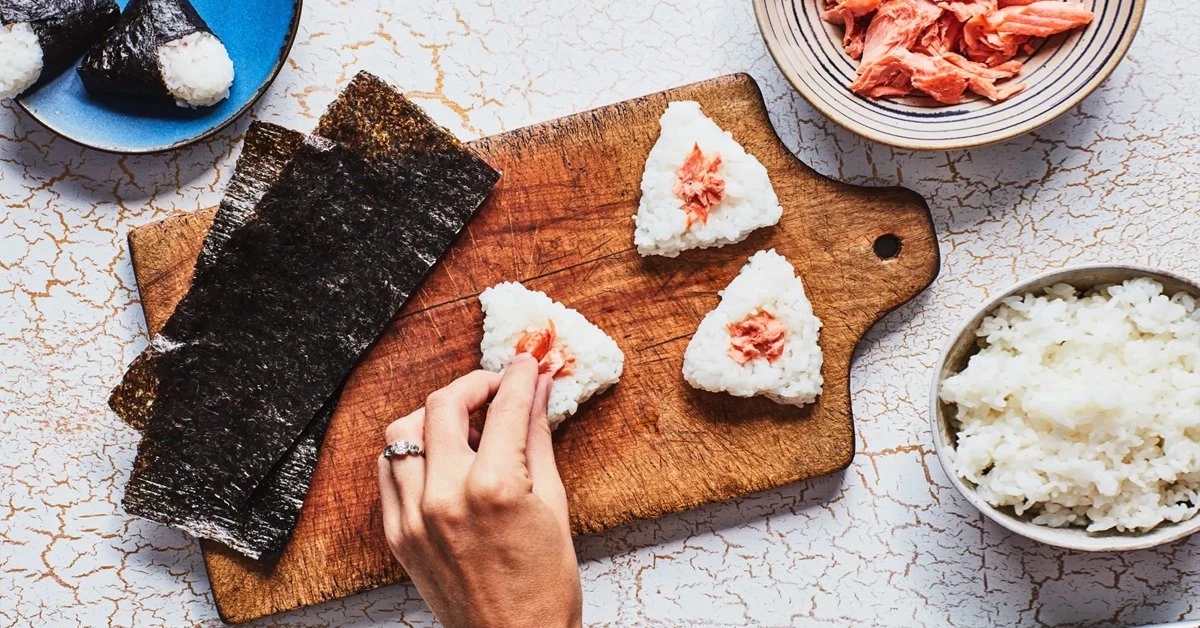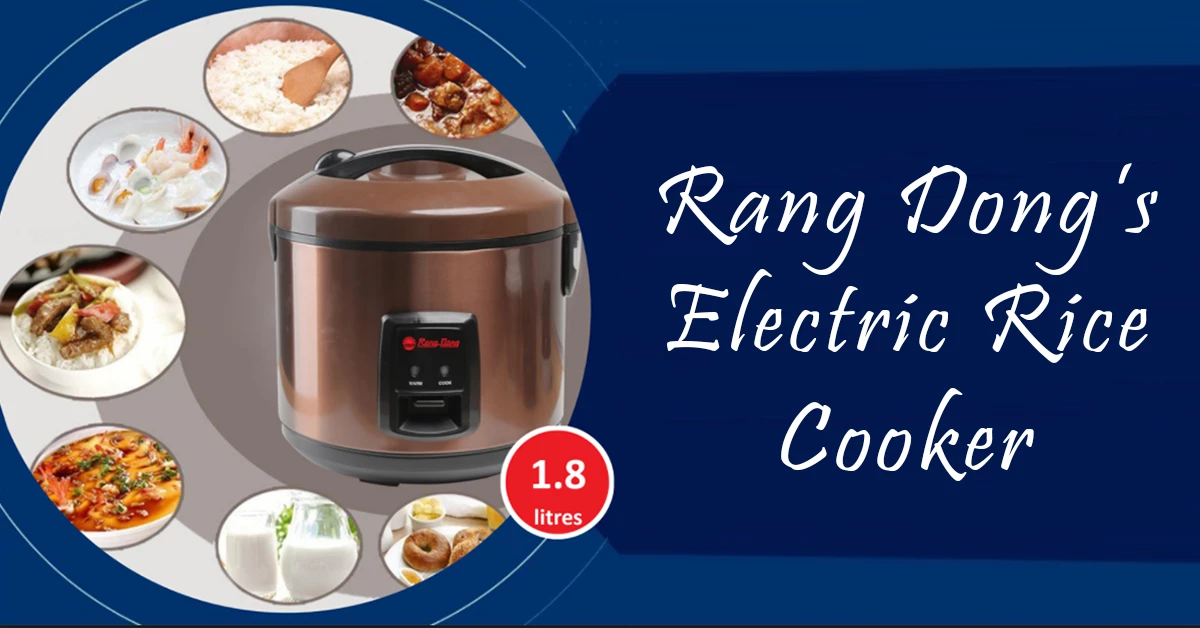Use the rice cooker properly and for a long time
Consumers, especially people who eat rice often, know well how a rice cooker can save cooking time, makes the best of the staple while integrating many functions. In order to guarantee the item's good performance and long durability, we at Rang Dong, one of Vietnam's leading manufacturers of the kitchen appliance, will present expert's view here on how to use the rice cooker in the right way.
When using a rice cooker, customers need to closely follow the instructions mentioned below not only to maintain the durability of the item, but also to ensure the quality of its product - the cooked staple. Now please check our Dos and Don'ts.
Do dry the inner pot's outside
Use a clean towel to dry around the outside of the inner pot before placing it inside the rice cooker to cook. This will prevent the water (stuck on the outside of the pot) from evaporating and creating scorch marks that blacken the pot cover, especially affecting the durability of the heating plate.
Use both hands when placing the inner pot in the cooking pot
We should use both hands to place the inner pot inside the rice cooker, and at the same time turn it slightly so that the bottom of the pot is in contact with the relay. This will avoid damage to the thermostat and help the rice cook more evenly, not raw.
Take good care of the pot's thermal relay
The thermal relay in the rice cooker helps improve the rice quality. The relay switching off too early or too late will affect the quality of the cooked staple, leaving it either too hard or crunchy as the bottom layer is burnt.
Regular cleaning
The rice cooker is a daily item in use, so a proper cleaning is highly recommended. Parts to focus include the inner pot, the rice cooker's cover, the steam valve and the tray for collecting excess water (if any) to promptly remove impurities.
Tight lid closing
Customers should close the lid tightly before turning the rice cooker on in order to ensure the rice is cooked evenly. The practice also helps prevent any burns because of strong steam evaporation when water is boiling.
Use the right function
The main function of a rice cooker is to cook and reheat rice. In addition, users can make porridge and stew food with the appliance. Absolutely don't use it for frying because the temperature of a rice cooker usually does not rise beyond 100 degrees Celsius.
Rang Dong's electric rice cooker model RD-18E011 shown in the photo above has a capacity of 1.8 liters.
That means pressing the cook button many times won't raise the temperature while it may cause the relay to become sluggish and damaged.
Don'ts with a rice cooker
In addition to the above notes, users should also avoid several things when using a rice cooker:
No rice washing in the pot
Let's avoid washing rice directly in the inner pot, because the non-stick coating on the pot can be scratched because of the washing, affecting the quality of cooked rice as well as reducing the life of the rice cooker.
Avoid cooking acidic or alkaline foods
Most of the inner pot material is made of aluminum alloy with a non-stick coating. Therefore, if users regularly cook dishes containing alkaline or acid, the inner pot will be easily corroded, even creating some compounds that are harmful to human health when absorbed into the rice..
Don't press the "Cook" button many times
Some people would press the Cook button many times to burn the bottom layer of rice, making it crunchy. This, however, will make the relay susceptible to wear and tear, thus shortening the cooker's durability.
Cook on other types of stoves
The inner pot of the rice cooker is designed only for use in electric rice cookers, thus customers should not use it for cooking on other types of stoves such as infrared stoves, gas stoves, coal stoves, electromagnetic stoves, etc. Failing this, the inner pot will be deformed and thus shortening the rice cooker's life, especially affecting the quality of rice.
Should you have any questions or request a quotation of Rang Dong products, please send us an email to: export@rangdong.com.vn.
Websites: en.rangdong.com.vn and vacuumflask.rangdong.com.vn

